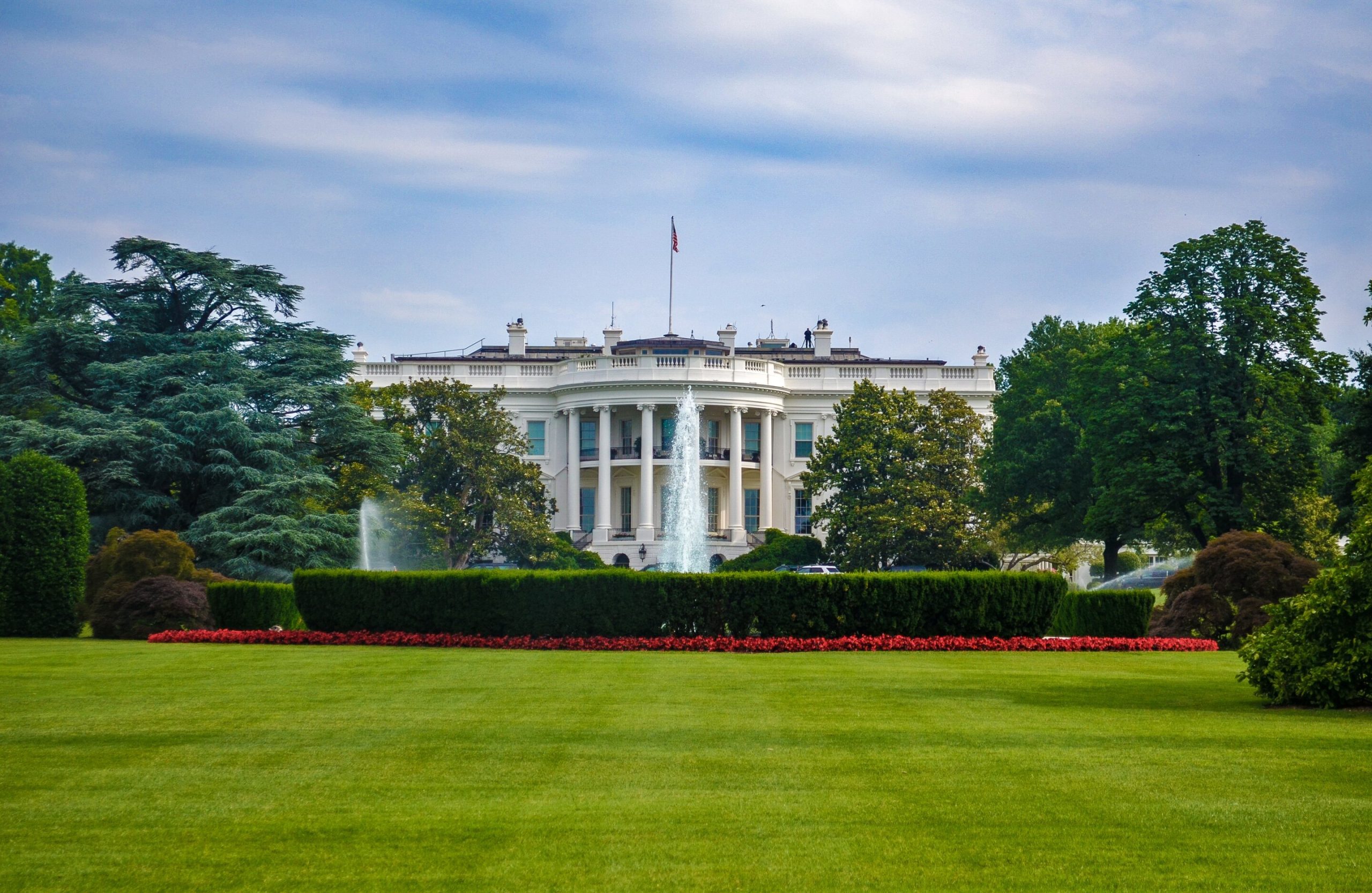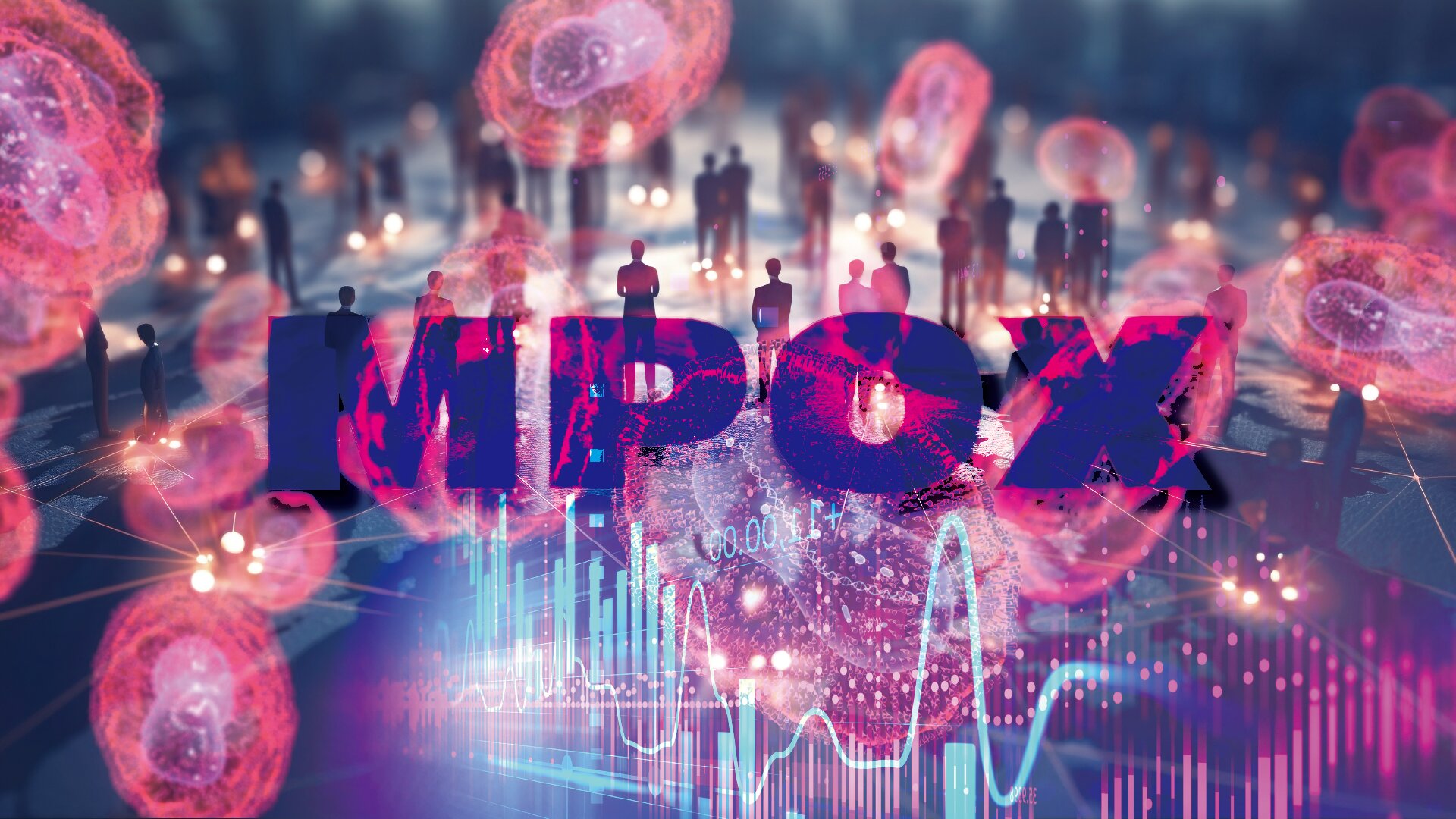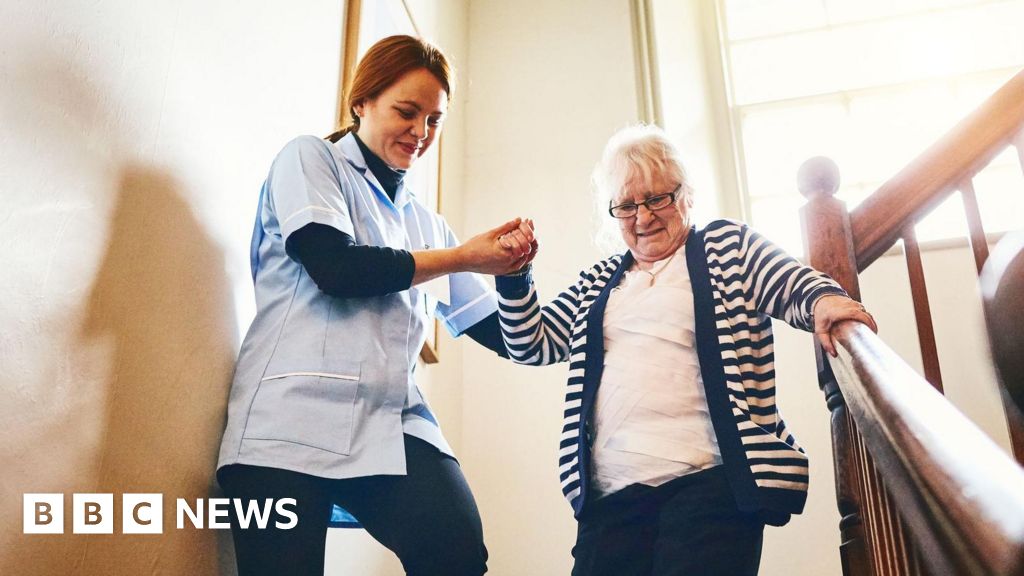
Obsessively scrolling through the latest polling averages? Overwhelmed by campaign ads about threats to democracy? Paralyzed with nerves about Election Day and what comes next?
You’re far from alone. More than 7 in 10 adults say the future of the U.S. is a significant source of stress in their lives, according to a new report from the American Psychological Association. About as many said they were worried this election’s results could lead to violence; more than half say the election could be the end of democracy in the U.S.
UC Berkeley News asked psychology professors and experts in mental health to explain where our political anxiety comes from, why elections are so nerve-wracking and what they personally do to cope. Rodolfo Mendoza-Denton and Iris Mauss are professors of psychology at UC Berkeley; Emiliana R. Simon-Thomas is the science director of the Greater Good Science Center.
What is anxiety, where does it come from, and why can it be so paralyzing?
Simon-Thomas: People get anxious when circumstances are uncertain and potentially threatening. There are two main ways that the body launches a stress response to threats. One is more active and involves readiness for escape or self-defense. The other is more passive and involves freezing, perhaps as a vestigial effort to camouflage or remain undetected by a predator.
Anxiety is the experience of “stressing about a stressor” or having a more prolonged stress response. It can be about more symbolic or existential threats. Anxiety about more remote, conceptual or symbolic things, like democracy or the unknown future—particularly when there’s a lesser sense of control or agency over how things proceed—may privilege the freeze response over the “fight or flight” response.
Mauss: Psychologists understand anxiety as an emotion that involves an unpleasant, high-activation feeling—thoughts that involve worry—as well as physiological responses like a faster heart rate and sweaty palms. We think that people experience anxiety when there is uncertainty about an outcome, especially one with high stakes.
So the upcoming election is a prime example of an anxiety elicitor for many of us.
Say more about that feeling of being frozen or helpless
Mauss: Anxiety involves urges to act so as to alleviate the unease. We’ve probably all experienced the thought, “Quickly, do something; get me out of this!” Ironically, however, anxiety often comes with paralysis, where we don’t do anything.
There are two possible explanations. One reason is that anxiety first evolved in environments where direct action was possible. Picture a lion sprinting toward you in the savannah. You run away as quickly as possible, and you are done—one way or the other. However, with an election, there is no clear action that would lead to the source of the anxiety being directly and completely resolved, hence a prolonged state of misery, worry and paralysis.
A second reason is that we often spend too much time and energy on “making the anxiety go away.” We worry about our worrying, so to speak, and turn ourselves into knots. So we focus too much on our feelings and how we can quickly make the anxiety “go away” rather than acting (thoughtfully). We don’t realize that we can act thoughtfully and effectively in spite of feeling anxious.
What does research say about election-induced anxiety in the U.S.?
Mendoza-Denton: One thing we know from psychology is that people really hate uncertainty and also hate a lack of control. Elections have both. You only have one vote. So there is a lot of anxiety. And there are so many different ways of expressing it and dealing with it.
Simon-Thomas: We know people feel more anxious when the unknown outcomes of an uncertain situation are more volatile.
Here in the U.S. for the 2024 election, since the two candidates are so different and promise such different realities, and the headlines and polls across media sources and platforms are so varied and changing, people feel more worried and experience unpleasant emotions more often than they would if they could reasonably predict the outcome.
Do you experience election-related anxiety? How do you cope (or try to)?
Simon-Thomas: Sometimes. I fear that people will fail to vote. I fear that voting might not matter because the electoral system is somehow flawed and can be biased by people in positions of power. I fear that after the election, people who are dissatisfied with the outcome might lash out angrily in an effort to advance their rights.
I take a deep breath and try to see the humanity in everyone, regardless of their political views. I try to imagine the life circumstances and experiences that a person might have had, or be having, that would lead them to feel adversarial. I read articles about the benefits of social harmony and fairness, like the World Happiness Report chapter on state effectiveness. I remember that so much of daily life is cooperative, supportive and humanistic, even as we may take it for granted.
I talk with my children about society, historic challenges and the profound degree of privilege and opportunity they have. And I invite them to think about ways that they might be able to make a difference that could make the world a better place.
Mauss: Yes! And it is getting worse the closer the election comes. And it is not just anxiety.
People cope with negative emotions like anxiety in various different ways, which is called emotional regulation. We have studied what happens when people use reappraisal, which means to cognitively reframe an emotional situation so as to feel less negative emotion. For example, you might tell yourself that even if the outcome is not one you wish for, it might serve as a wake-up call and energize people on your side.
It turns out that reappraisal is one of the most effective ways people have to feel better. We found the same in our study of Clinton voters after the 2016 election. However, there is a catch: The better people felt, the less they acted, meaning fewer conversations with people on both sides of the partisan divide, less donating, less protesting.
So there is a dilemma. People’s own well-being came at a cost, in terms of acting to change the root source of the negative emotions.
Mendoza-Denton: I think to deal with election anxiety, it is critical to let go of some of those urges to control the outcome. We cannot do it as individuals. It is what democracy is about. It’s also important at this time to reach out to loved ones, to our communities, to our friends and our families.
It is so important to be able to lean on one another for support and hope.
Is there a way out of this dilemma?
Mauss: Recently, researchers examined emotional acceptance, which means to let yourself experience whatever emotions you have without judging or responding to them or trying to make them go away. We have found that acceptance helps people feel better, perhaps because it allows people not to worry about worrying so much. It frees up their minds and, at the same time, makes the emotions less threatening.
Researchers have also found that feeling better did not come at a cost in terms of taking action. Acceptance was linked with a greater tendency to take action in line with one’s values. It’s possible that this is because with acceptance, people feel less scared, while at the same time they are aware of their feelings and can let their feelings guide and motivate their actions.
I would recommend emotional acceptance as a way to have our cake and eat it, too. It allows us to feel better and at the same time take action to bring about change.
Citation:
Anxious about the election? Psychologists explain how to cope (2024, October 27)
retrieved 27 October 2024
from https://medicalxpress.com/news/2024-10-anxious-election-psychologists-cope.html
This document is subject to copyright. Apart from any fair dealing for the purpose of private study or research, no
part may be reproduced without the written permission. The content is provided for information purposes only.



